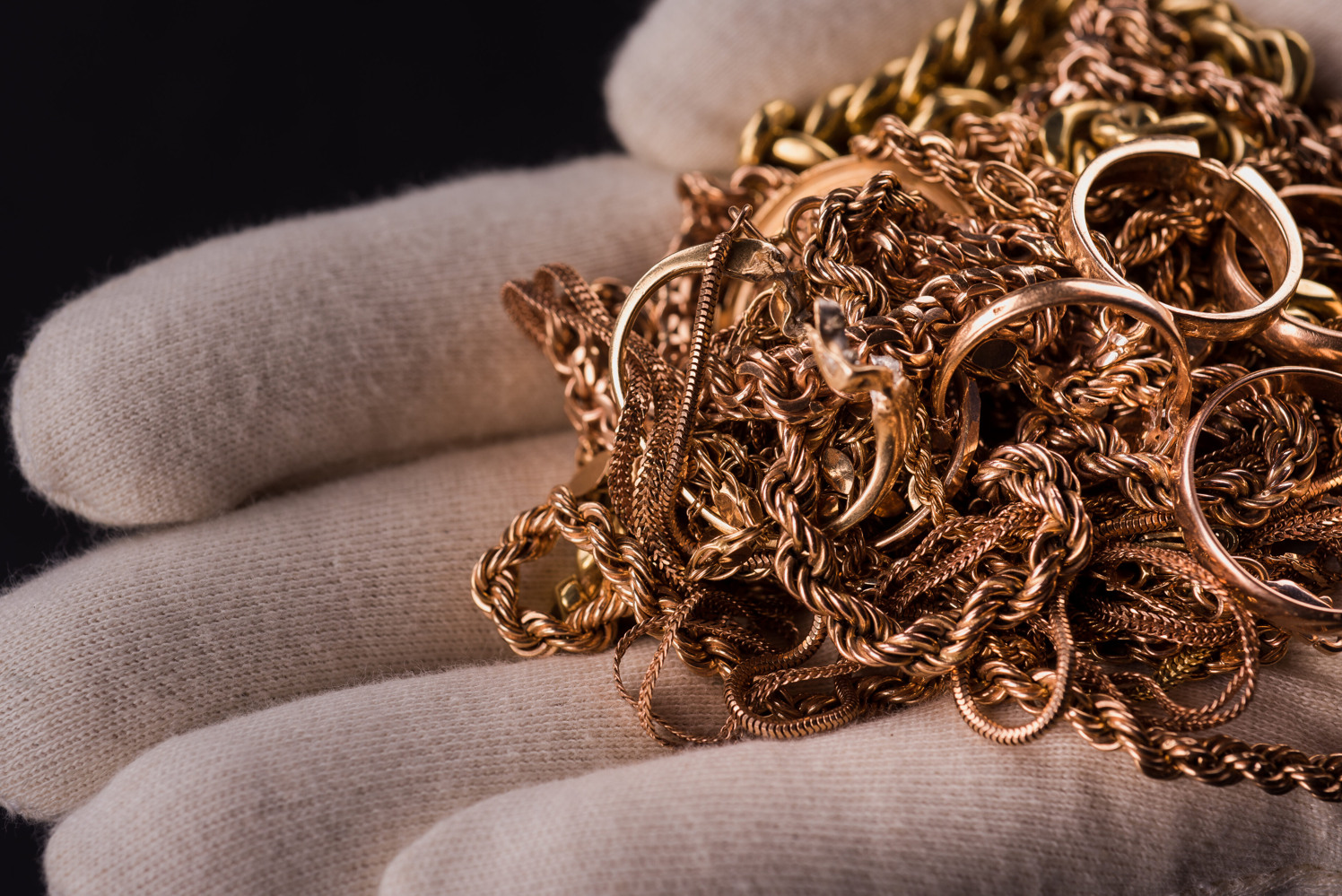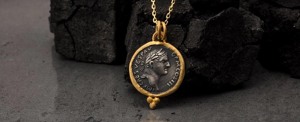Tavex uses cookies to ensure website functionality and improve your user experience. Collecting data from cookies helps us provide the best experience for you, keeps your account secure and allows us to personalise advert content. You can find out more in our cookie policy.
Please select what cookies you allow us to use
Cookies are small files of letters and digits downloaded and saved on your computer or another device (for instance, a mobile phone, a tablet) and saved in your browser while you visit a website. They can be used to track the pages you visit on the website, save the information you enter or remember your preferences such as language settings as long as you’re browsing the website.
| Cookie name | Cookie description | Cookie duration |
|---|---|---|
| tavex_cookie_consent | Stores cookie consent options selected | 60 weeks |
| tavex_customer | Tavex customer ID | 30 days |
| wp-wpml_current_language | Stores selected language | 1 day |
| AWSALB | AWS ALB sticky session cookie | 6 days |
| AWSALBCORS | AWS ALB sticky session cookie | 6 days |
| NO_CACHE | Used to disable page caching | 1 day |
| PHPSESSID | Identifier for PHP session | Session |
| latest_news | Helps to keep notifications relevant by storing the latest news shown | 29 days |
| latest_news_flash | Helps to keep notifications relevant by storing the latest news shown | 29 days |
| tavex_recently_viewed_products | List of recently viewed products | 1 day |
| tavex_compare_amount | Number of items in product comparison view | 1 day |
| Cookie name | Cookie description | Cookie duration |
|---|---|---|
| chart-widget-tab-*-*-* | Remembers last chart options (i.e currency, time period, etc) | 29 days |
| archive_layout | Stores selected product layout on category pages | 1 day |
| Cookie name | Cookie description | Cookie duration |
|---|---|---|
| cartstack.com-* | Used for tracking abandoned shopping carts | 1 year |
| _omappvp | Used by OptinMonster for determining new vs. returning visitors. Expires in 11 years | 11 years |
| _omappvs | Used by OptinMonster for determining when a new visitor becomes a returning visitor | Session |
| om* | Used by OptinMonster to track interactions with campaigns | Persistent |
| Cookie name | Cookie description | Cookie duration |
|---|---|---|
| _ga | Used to distinguish users | 2 years |
| _gid | Used to distinguish users | 24 hours |
| _ga_* | Used to persist session state | 2 years |
| _gac_* | Contains campaign related information | 90 days |
| _gat_gtag_* | Used to throttle request rate | 1 minute |
| _fbc | Facebook advertisement cookie | 2 years |
| _fbp | Facebook cookie for distinguishing unique users | 2 years |
Does Gold Rust? How Jewellery, Bars, and Alloys Are Affected

Gold is known for its beauty, durability, and timeless appeal. But if you’re a gold jewellery owner, you might wonder: does gold rust? While gold is often celebrated for its resistance to corrosion, not all gold is created equal. Different gold alloys and gold-plated jewellery can react to various elements, causing discolouration or tarnishing.
In this article, we’ll explore whether gold rusts, how different types of gold are affected by environmental factors, and share tips on how to keep your gold jewellery in pristine condition.
Whether you own a solid gold bar, gold bullion coins, or a delicate gold bracelet, understanding how gold interacts with the world around it can help you maintain its shine and beauty for years to come.
Why Doesn’t Gold Rust?

Unlike metals such as iron or copper, which easily react with oxygen and moisture, gold is a noble metal. While silver also falls into this category, gold is significantly less reactive.
This unique property means that pure gold (24 karat gold content) is chemically stable. This means the gold doesn’t discolour, rust, or degrade over time. That’s why gold is used not only in jewellery but also in high-tech industries like electronics and space technology.
Can Gold Ever Rust?

While pure gold doesn’t rust, most gold jewellery is not made from pure gold. Jewellery made from 18k or 14k gold consists of alloys – a blend of gold and other metals such as copper, nickel, or silver. These metals can interact with oxygen, moisture, sweat, or chemicals, which may cause:
- Discolouration
- Red spots
- A dull surface or tarnish
So, while gold alloys can discolour, it’s important to note that this is not the same as gold rusting
Look at the fineness of gold that your products may have. If they are alloyed with other metals it may be the other elements discolouring, not the gold.
Does Gold-Plated Jewellery Rust?
Yes, gold-plated jewellery can rust or discolour
This is because the thin layer of gold is applied over a base metal, often less expensive metals like iron or copper. Once the gold layer starts to wear off, the metal underneath can react with air and moisture, leading to rust or tarnish.
4 Tips to Keep Your Gold Jewellery Looking Beautiful

To help preserve the appearance of your gold jewellery and minimise discolouration, follow these simple tips:
- Remove jewellery before showering, bathing, or exercising.
- Avoid exposure to perfume, chlorine, and cleaning agents.
- Store your gold jewellery in an airtight box or pouch to protect it from moisture and air.
- Clean regularly with mild dish soap and a soft toothbrush to keep your jewellery shining.
Gold vs. Other Metals – Which Metals Rust?

Here’s a comparison of how different metals react to exposure to moisture and air:
- Zinc: Zinc doesn’t rust, but it can corrode slowly under extreme conditions.
- Aluminum: Aluminum doesn’t rust, but it forms a white oxide coating that acts as a protective layer.
- Brass: Brass doesn’t rust but may develop a patina or discolouration over time.
- Steel: Steel rusts because it contains iron, which quickly oxidises in moisture.
- Copper: Copper doesn’t rust in the traditional sense but forms a green patina.
- Silver: Silver doesn’t rust, but it’s highly prone to discolouration due to the formation of black oxide.
Preserve Your Gold for Years to Come
Want to learn more about how to preserve your gold jewellery or which gold products stand the test of time?
Read more on the topic here: How to store your gold
Key Takeaways
While pure gold (24k) is resistant to rust and corrosion due to its chemical stability, most gold jewellery consists of alloys that may discolour or tarnish over time.
This is not the same as rusting, but it’s important to understand the factors that can cause these changes, such as exposure to sweat, chemicals, or moisture. Gold-plated jewellery is also more susceptible to discolouration or rusting due to the thin layer of gold on top of base metals.
To keep your gold jewellery looking its best, follow simple care tips like removing jewellery before showering, avoiding exposure to harsh chemicals, and cleaning it regularly.
By understanding how gold and its alloys react to the environment, you can ensure that your gold pieces retain their shine and beauty for years to come.
















